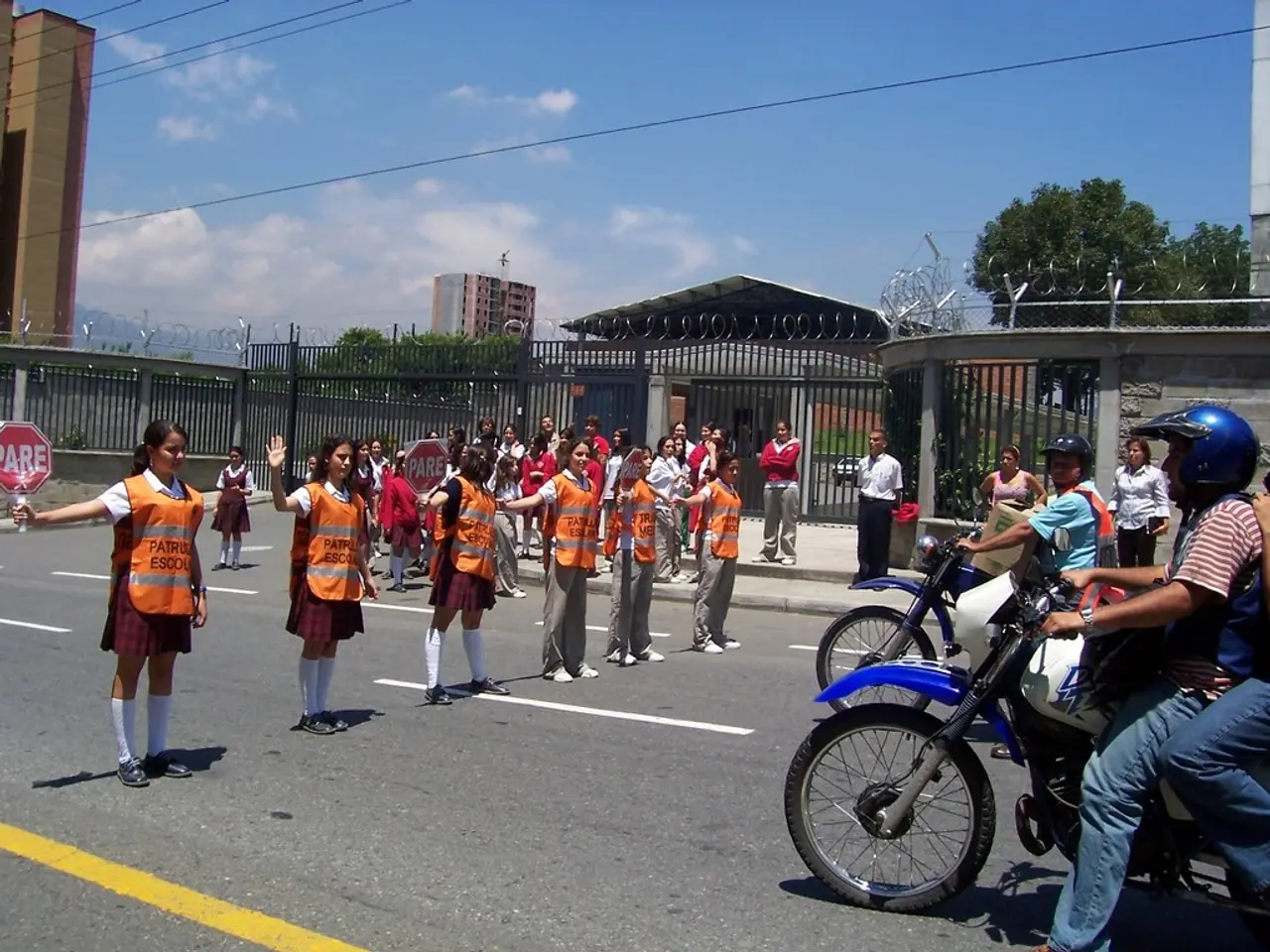Unions of educators allegedly creating conditions conducive to the proliferation of antisemitism
In recent years, there has been a concerning increase in antisemitic incidents in K-12 schools across the United States. According to the Anti-Defamation League, there was a 434% increase in such incidents since 2020, affecting various school levels, including elementary, middle, and high schools[1]. In Canada, particularly Ontario, surveys have confirmed that Jewish students have experienced substantial antisemitism in K-12 settings, with over 700 incidents reported to affect at least 10% of Jewish schoolchildren[2].
The potential role of teachers' unions in this environment has become a topic of discussion. Critics, including former officials, have linked the rise in antisemitic incidents partially to some teachers' unions adopting ideological stances or rhetoric perceived as alienating Jewish people[1]. For instance, the National Education Association (NEA) recently redefined the Holocaust, omitting explicit mention of the six million Jewish victims and broadening it to include over 12 million victims from various groups[1]. This redefinition has sparked criticism for neglecting Jewish victimhood[1]. Moreover, the California Teachers Association has opposed legislative efforts aimed at better addressing antisemitism in schools[1].
These developments have contributed to ongoing debates about how antisemitism manifests and is addressed within school environments. Advocacy groups like StandWithUs continue to provide support and highlight cases of antisemitism and anti-Israel bias in K-12 schools in both public and private sectors[3].
In July, the NEA redefined the Holocaust to be more inclusive of other victims, but the new definition does not mention the six million Jews killed[1]. In response to the Gaza War, the NEA cut ties with the Anti-Defamation League (ADL)[1]. The California Teachers Association also opposes a bill in the state legislature that would improve the state's ability to prevent and respond to antisemitism[1].
The Trump administration is currently investigating over 50 colleges and universities for antisemitism on campuses, and the United Federation of Teachers has endorsed the Democratic nominee for New York City, Zohran Mamdani, who has come under fire for failing to condemn the phrase "Globalize the Intifada"[1].
These dynamics reflect growing concerns about the experiences of Jewish students and the role of school stakeholders, including unions, in either mitigating or exacerbating antisemitism in education[1][2][3]. It is crucial for educators, administrators, and policymakers to address this issue and ensure a safe and inclusive learning environment for all students.
[1] https://www.adl.org/resources/reports/2021-audit-of-antisemitic-incidents [2] https://www.jewishinsight.com/opinion/ontario-survey-shows-alarming-levels-of-antisemitism-in-schools/ [3] https://www.standwithus.com/education/antisemitism-in-schools
- The role of educators' unions in dealing with the growing issue of antisemitic incidents in both K-12 schools and colleges has become a subject of intense discussion, with some critics linking the escalation of such incidents to certain unions adopting ideologies or rhetoric perceived as alienating to Jewish people.
- The general news, education-and-self-development, and politics sectors have been actively monitoring the ongoing debates about antisemitism in schools, highlighting the actions of advocacy groups, political endorsements, and policy changes that either combat or potentially contribute to this issue.




